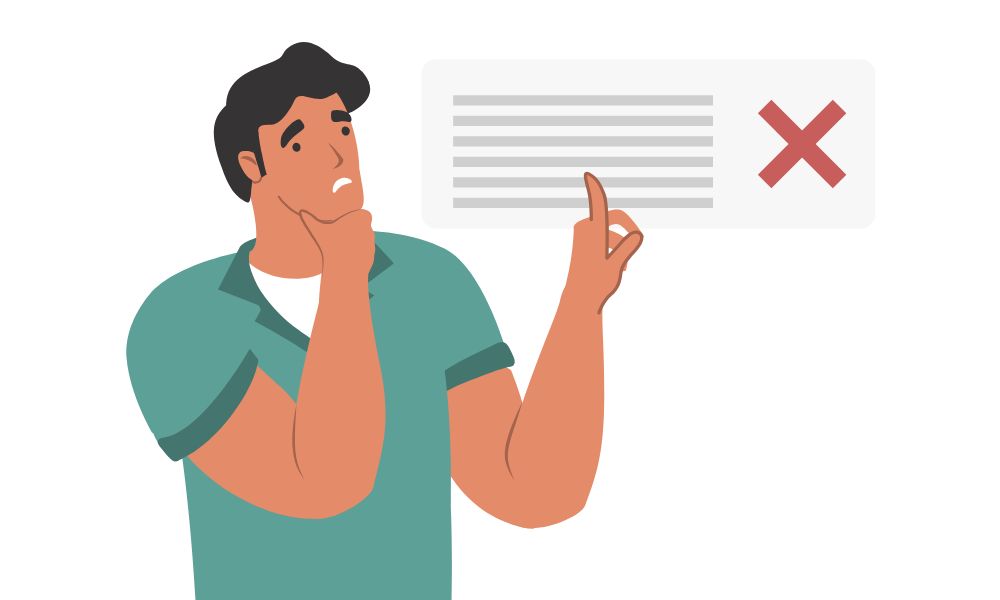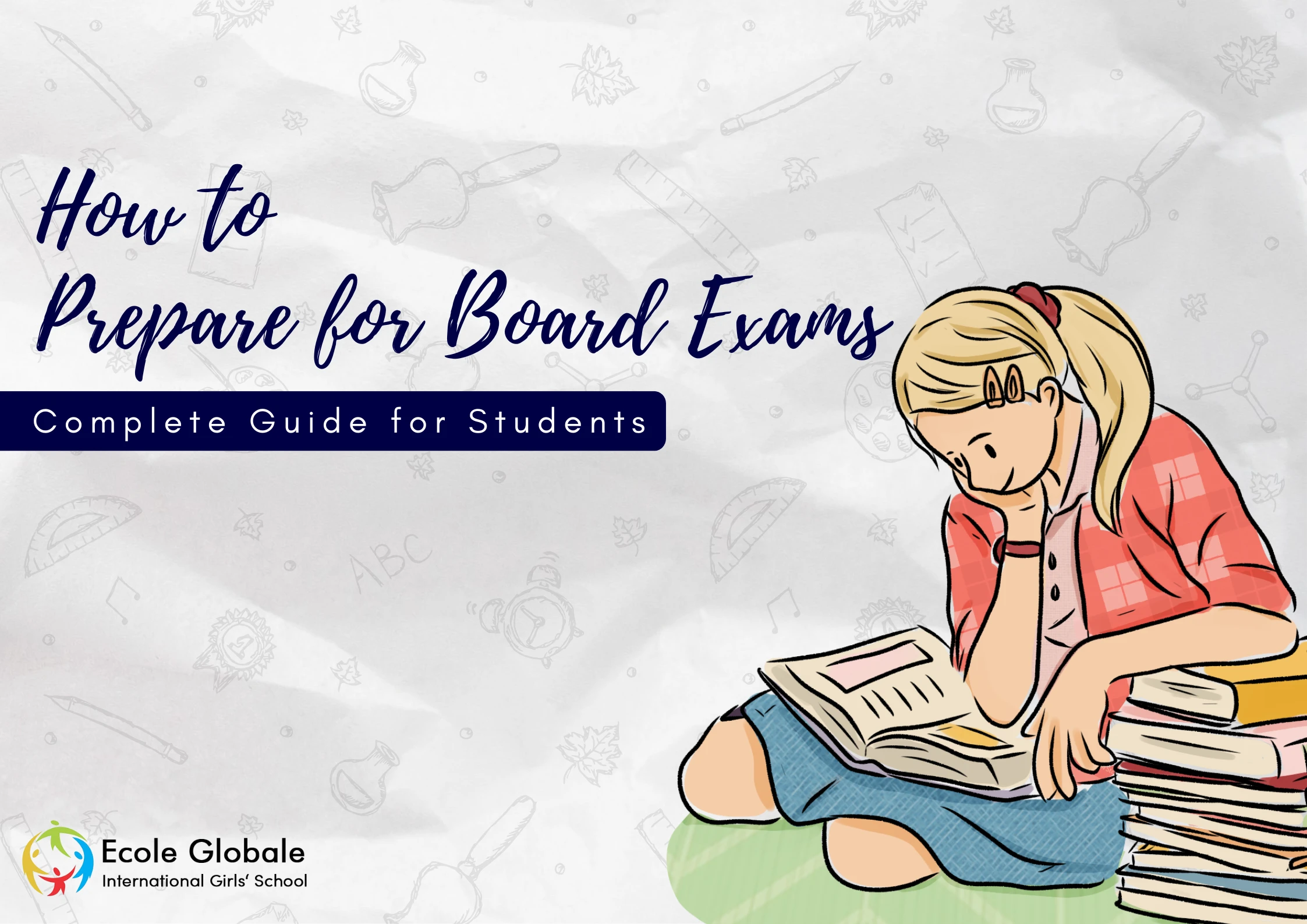Preparing for board exams can be a challenging task for students, but with the right strategies, it becomes much easier to handle. Understanding how to prepare for board exams effectively can make a significant difference in performance and reduce stress levels.
From creating a study plan to managing time efficiently, students can take several steps to boost their confidence and perform well in exams.
In institutions such as boarding schools in Dehradun, students are trained with a disciplined approach towards board exam preparation. However, regardless of the type of school, every student can benefit from structured study methods and effective revision techniques.
Why Is Board Exam Preparation Important?

Board exams play a crucial role in shaping a student’s academic and professional future. Good performance not only opens doors to higher education opportunities but also builds a strong foundation for future career paths. A well-prepared student is more confident, less stressed, and capable of handling exam pressure effectively.
Effective Tips on How to Prepare for Board Exams

To achieve excellent results, students need to follow a systematic approach. Here are some effective strategies that can help in preparing for board exams efficiently:
1. Start Early and Stay Consistent
One of the most important steps in how to prepare for board exams is starting early. Procrastination often leads to last-minute cramming, which can increase stress and lower retention. Begin by:
- Setting realistic study goals.
- Breaking the syllabus into manageable sections.
- Revising regularly to reinforce concepts.
2. Create a Realistic Study Plan
A well-structured study plan helps manage time efficiently and ensures balanced coverage of all subjects. Divide the syllabus into smaller sections and allocate specific time slots for each topic. Avoid last-minute cramming by setting realistic goals and sticking to your schedule.
3. Understand the Exam Pattern and Syllabus
Before diving into preparation, familiarize yourself with the exam pattern and syllabus. Understanding the weightage of each topic can help you prioritize your studies effectively. Refer to official board guidelines and exam blueprints for clarity.
4. Practice with Previous Year Papers
Solving previous years’ question papers is one of the most effective ways to prepare. It helps students understand the exam pattern, question trends, and time management. Analyzing mistakes from past papers can also highlight areas that need improvement.
5. Focus on Conceptual Understanding
Rather than rote learning, focus on understanding concepts deeply. Strong conceptual clarity enables students to answer application-based questions and retain information for a longer period.
6. Make Use of Study Resources
Utilize textbooks, online resources, and video tutorials to gain a comprehensive understanding of subjects. NCERT books are highly recommended for board exam preparation as most questions are based on them.
7. Revise Regularly
Consistent revision is crucial to retaining what you have learned. Set aside time every week to go over key concepts and formulas. Summarize chapters using self-made notes to make revision easier closer to the exam date.
8. Time Management During Exams
Effective time management is essential while attempting the exam. Practice answering questions within the stipulated time to improve speed and accuracy. Prioritize questions based on their marks and difficulty level.
9. Stay Healthy and Stress-Free
Good health is fundamental to productive study sessions. Maintain a balanced diet, stay hydrated, and get adequate sleep to ensure optimal brain function. Engage in regular exercise or meditation to reduce exam stress.
10. Group Studies for Better Learning
Studying in a group can help in gaining different perspectives on a subject. Discussing topics with peers can clarify doubts and reinforce learning. However, ensure that group studies remain focused and productive.
11. Seek Help When Needed
Do not hesitate to ask for help from teachers, mentors, or classmates if you find any topic challenging. Many online platforms offer doubt-clearing sessions that can be beneficial.
Common Mistakes to Avoid During Board Exam Preparation

Many students make mistakes that can affect their performance.
Here’s what to avoid:
- Skipping Difficult Topics: Don’t ignore subjects that seem tough; focus on understanding them gradually.
- Studying Without Breaks: Overloading yourself can lead to exhaustion and reduced retention.
- Neglecting Health: Poor diet and sleep patterns can negatively impact your performance.
To Sum Up
Understanding how to prepare for board exams is crucial for every student aiming for academic success. By following a structured study plan, maintaining a healthy lifestyle, and staying consistent, students can improve their performance and achieve their goals. Start early, stay focused, and remember to take care of yourself throughout the preparation journey.
Good luck with your board exams!
Frequently Asked Questions (FAQs)
Ques 1. What is the best way to start preparing for board exams?
Ans. The best way to start preparing is by creating a study plan, understanding the syllabus, and following a disciplined study routine.
Ques 2. How to prepare for Board Exams effective time management ?
Ans. Managing time effectively involves setting a daily study schedule, prioritizing important topics, and taking regular breaks to stay focused.
Ques 3. How important is solving previous years’ question papers for board exams?
Ans. Solving previous years’ papers helps understand the exam pattern, improves time management, and boosts confidence before the final exam.
Ques 4. What should I do if I feel overwhelmed during board exam preparation?
Ans. Take breaks, practice deep breathing, stay organized, and seek support from teachers, family, or friends to stay motivated and stress-free.
Ques 5. How can I improve my concentration while studying for board exams?
Ans. Improving concentration involves studying in a quiet environment, avoiding distractions, staying hydrated, and taking short breaks regularly.









